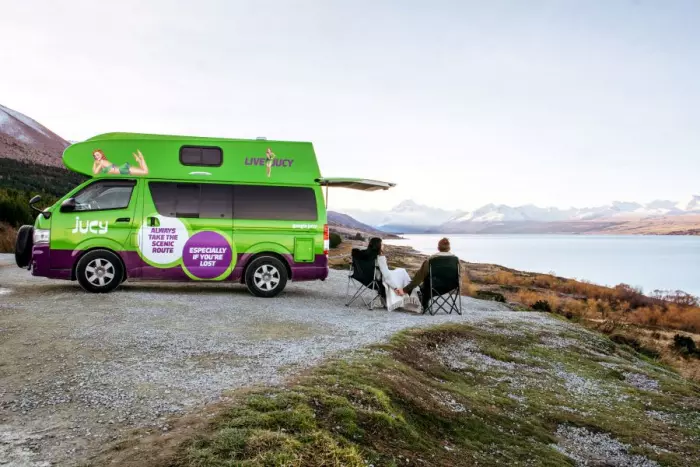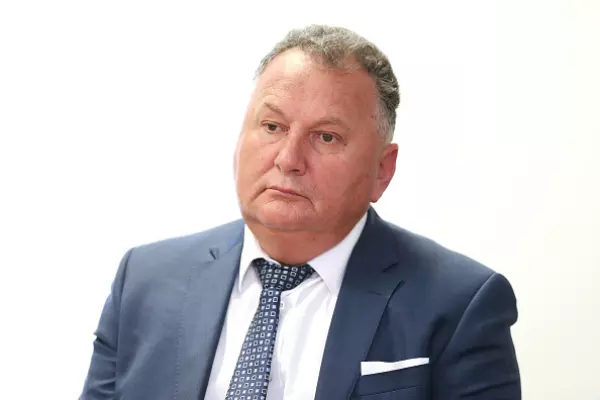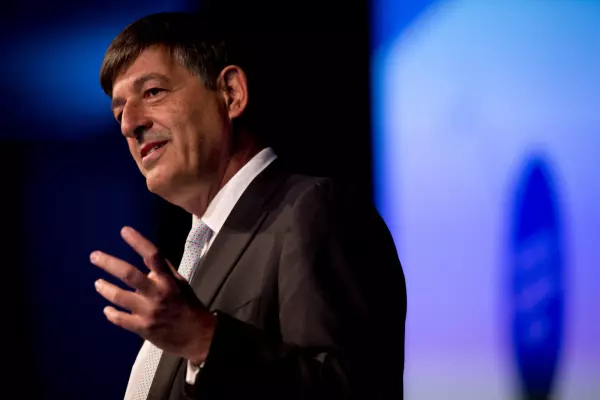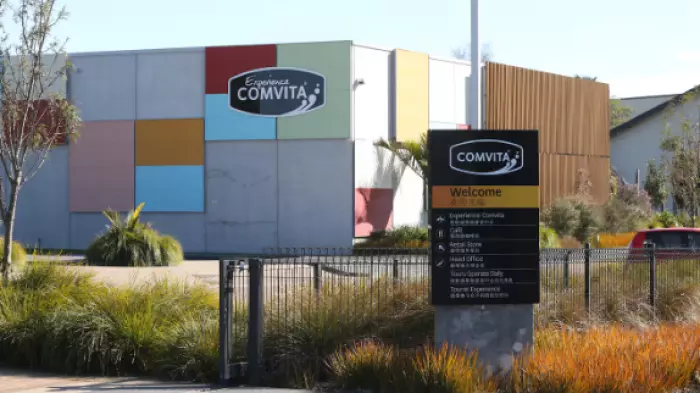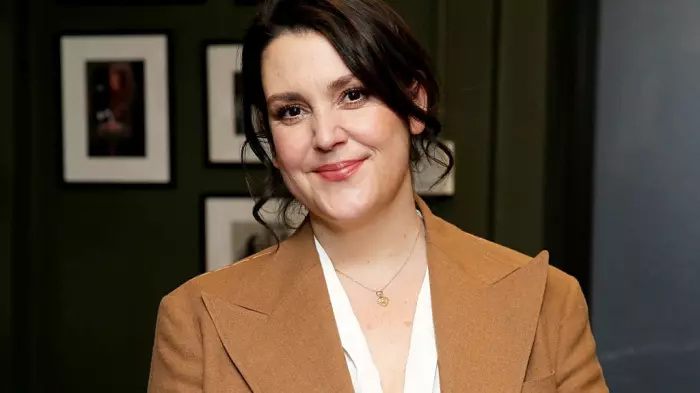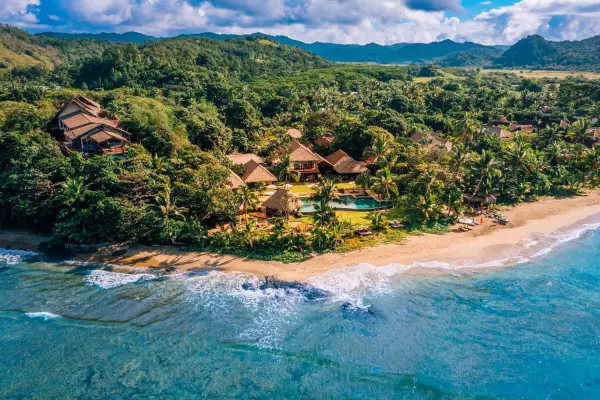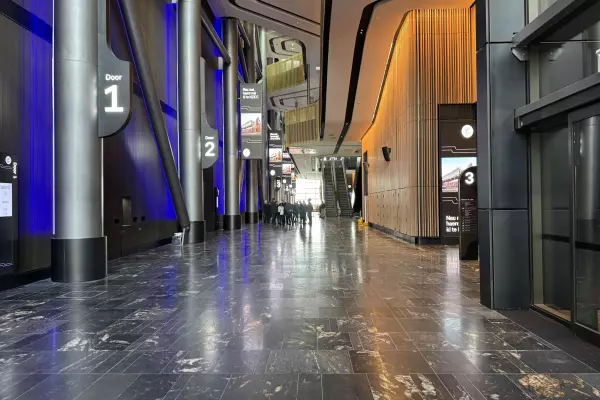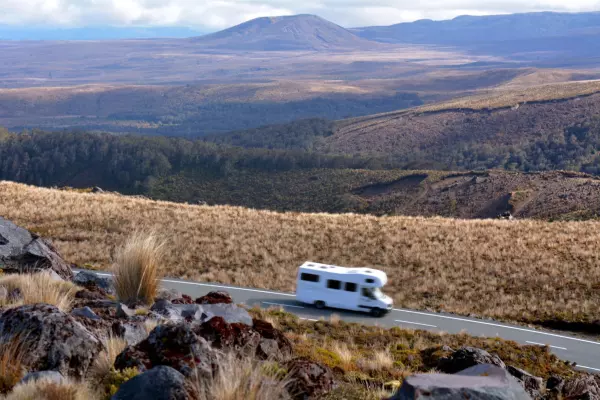It’s more common for your competition to drive you out of business than significantly help line your pockets, but that hasn’t been the case for budget campervan company Jucy Rentals.
Thanks to tourism operators Tourism Holdings (THL) and Apollo Tourism & Leisure (ATL) finally getting their proposed merger over the line, Jucy has gained around $45 million of its competitor's assets.
Jucy co-founder and chief executive Dan Alpe said that the $45m Apollo assets deal, which includes 110 four to six-berth motorhomes from ATL’s rental fleet in NZ and 200 four to six-berth motorhomes from ATL’s rental fleet in Australia, was too good to pass up and will be the helping hand Jucy needs to crack the Australian market.
“It was a unique opportunity for us to pick up a different sector of the market,” he told BusinessDesk last week. “It’ll allow us to be a significant player in that motorhome space.”
It took almost a year for THL and ATL to convince the market that their proposed merger wouldn’t wipe out the rest of the trans-Tasman campervan market.
Australasia’s competition watchdogs were concerned that smaller rental campervan companies were at too much risk of being pushed out if the deal went ahead. However, they gave the thumbs up after the two tourism operators announced they were selling $45m worth of Apollo’s assets to Jucy in late September.
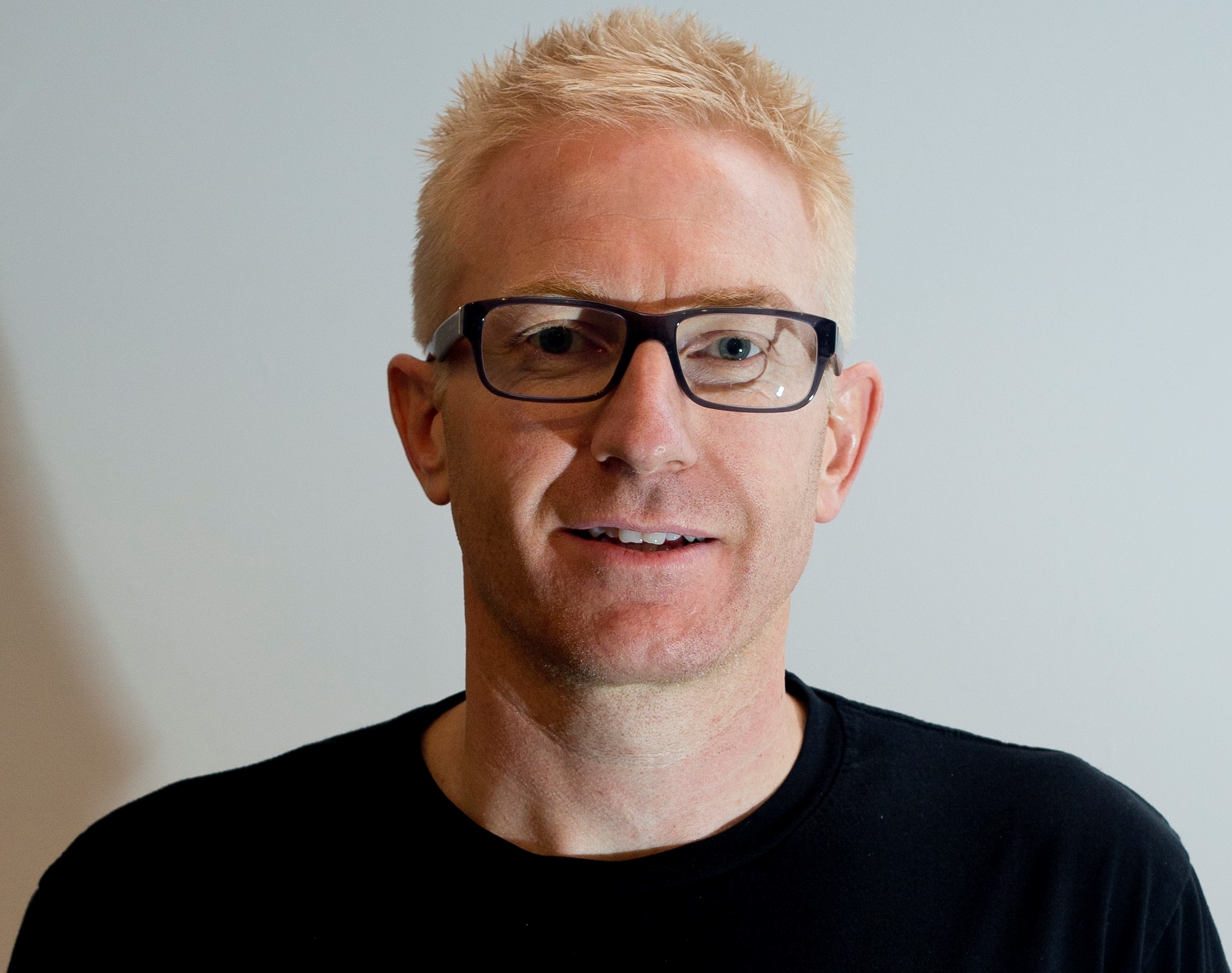 Jucy's Dan Alpe called the $45m Apollo assets deal "a unique opportunity". (Image: NZME)
Jucy's Dan Alpe called the $45m Apollo assets deal "a unique opportunity". (Image: NZME)
The sale to Jucy had been going on for months behind the scenes, Alpe said.
Jucy’s Australian private equity partner, Next Capital, had already been in discussion with THL and ATL about selling assets to Jucy before Next had even joined Jucy in August 2022.
“They actually brought that opportunity to the table,” Alpe said. “It’s been a really interesting process and nice to see it all coming together.”
The $45m figure will vary slightly, as it’s based on what the ultimate asset value will come to.
“But we get it all, so it's not a big deal,” Alpe said.
Pandemic brakes
Brothers Dan and Tim Alpe have been in the budget campervan game since 2001, with the company expanding into Jucy Snooze, Jucy Cruise and the US and UK’s Jucy businesses in those 21 years behind the wheel.
The pandemic’s lockdowns and border closures hit the company hard, Alpe said, as New Zealand’s tourism operators were bludgeoned.
Jucy Rentals was forced to go into receivership in November 2020. By that point, Alpe said, the company had seen a 90% plummet in revenue from the pandemic and lost 60% of its staff, from a pre-pandemic head count of 400.
Colin Neal’s NZ private equity firm, Polar Capital, picked up a significant stake in Jucy’s rental company in November 2020, saving 150 jobs in the process. Polar then became a minority stakeholder after Next Capital picked up a majority stake in August 2022.
Alpe said the differences between having an Australian and NZ equity partner on board had been “quite different”, with Polar bringing a smaller team and less experience in the tourism rental space.
“Next has had quite a bit of experience and they've owned investments in holiday parks and Australian car rental businesses,” he said.
“They actually understand our place in the market really well, which is great. There's definitely a lot to gain from the knowledge table that isn’t just capital.”
Fuel for the future
As well as Apollo’s $45m deal, Jucy announced in August that it was investing $40m into 1,000 new cars and campervans in NZ and Australia, thanks to a $30m boost from Next Capital and another $10m from Jucy’s bank lender.
Alpe said the extra thousand vehicles will help Jucy extend its offerings in both markets alongside Apollo’s fleet.
“Our real focus is on Australia as we see big opportunities to expand our footprint and increase our customer base,” he told BusinessDesk.
“The motorhomes will just add another level of strength to our business, and right now the focus is on this side of the world.”
Apollo’s deal will also give Jucy access to take over the motorhome company’s operations in Auckland Airport, as well as in Hobart and Darwin.
“We expect to see Jucy in those locations, maybe not within the next six to 12 months, but beyond that it will be part of the goal,” Alpe said.
The option for Jucy to enter the US market again isn’t top of the company’s priorities. Alpe said Jucy wanted to focus on cracking the NZ and Australian markets for the short term.
It’s a lot of change for one company to cycle through in three tumultuous years but Alpe said, internationally and domestically, people are becoming travel-hungry again.
The mix of borders being thrown back open and people having saved a lot of disposable income over the past few years has also made the upcoming travel season look extra bright.
Alpe said November marked the start of the peak season and Jucy was already running to capacity. The company is tracking towards the busiest November it has ever experienced, he said, with Europeans especially keen to jump into a Jucy over the upcoming summer period.
“We're slowly starting to see that translate further into the season as well,” he said.
“We saw a big spike of immediate demand for November and December and then it was definitely slower to get going for February and March, which are traditionally our busiest months, but we're now starting to see that happen.”
Despite the struggle of the past three years, Alpe said there was a huge amount of genuine excitement from people wanting to travel here.
“You wake up every morning and see the business that’s coming through and the people who want to come and see New Zealand. It's pretty special.
“I think we've got so much to offer in both countries and we're lucky that we've got the product that enables people to do that.”


